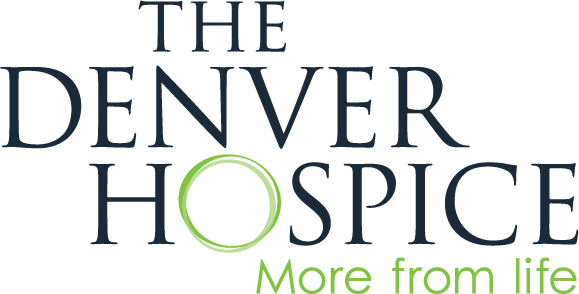Preparing For End-Of-Life Starts With A Conversation
The concept of all adults-from the age of 18 and up, having an end of life conversation with their family and loved ones is difficult for many. Most often, end of life conversations happen in a moment of crisis. A patient is suddenly in need of deciding who their medical decision maker is and if they wish to pursue aggressive treatment. When a patient is facing death, they often make a decision based on fear and do not have all the information needed.
I faced this same scenario with my own father, who had been consistent in saying he did not want dialysis or frankly any aggressive treatments, but once in the hospital with acute kidney failure, significant shortness of breath secondary to fluid overload, he changed his mind very quickly. I realized through this frightening event, that I had failed my own father. I have been in healthcare for over 30 years, working in emergency departments, Intensive Care Units and now working in hospice for nearly 5 years and I had not had a full goals of care conversation with my own father. I had avoided it, not ready to lose my father yet after losing my mom twenty years prior. I waited until he was in crisis, going against what I had been preaching to patients for years.
Most feel that this subject isn’t important until someone is elderly or diagnosed with a terminal disease, but what if a 25 year old is in a major accident and can no longer make any decisions. The family is left to decide what their son or brother would have wanted at the end of their life, without knowing what their true wishes are. During my emergency medicine career as a nurse, I have seen this exact scenario. Health decisions for children are automatically deferred to the parents, but anyone over the age of 18 does have the opportunity to set their own stage for the end of their life.
There are several easy steps to ensure your wishes are known, documented and ultimately followed through with. The first step is to decide what you want at the end of life and talk about it. Speak with your doctor about what resuscitation looks like if your heart or breathing stops. Talk with your family and let them know your wishes, work through their issues with your wishes. Don’t be surprised if their plan for your ending doesn’t match your own plan. Then identify who is your Medical Durable Power of Attorney (MDPOA) and more importantly, make sure it is someone who knows your wishes and will follow through with them. The MDPOA needs to be able to put aside their own agenda and emotions in order to carry out the wishes of the person being represented. The next step is to document your wishes. Living wills can be all encompassing- identifying your MDPOA, your wishes and the parameters around the aggressiveness of care wanted at the end of life. There are various documents and guides that can assist as well, such as “5 Wishes” or the “Making Health Care Decisions” book. Make sure you document if resuscitation is desired or not on a state CPR directive or MOST form. Once you have done all these things, make multiple copies of your documents, place one set on your refrigerator (Emergency Medical Services are trained to look their first if responding to an emergency in your home), keep a copy or two on your person and make sure one or more of your family or friends has a copy, most importantly your MDPOA.
A highly emotional subject can be normalized through conversation. You may need to allow time for your family to absorb your conversation and then revisit it at a later date. This requires much thought and planning while sorting through a myriad of emotions. That is why trying to tackle an end of life conversation in a time of crisis, when the intensity of the moment is at its peak, is extremely difficult. All will be better if it is a well-planned and thought out journey. I encourage you to take control of the end of your life while you are in the position to do so. Start it with a conversation.
Dean Fernandez, Registered Nurse


